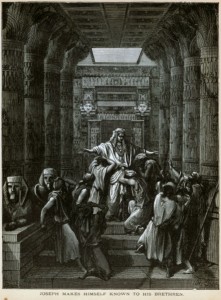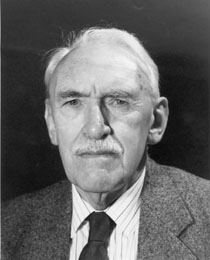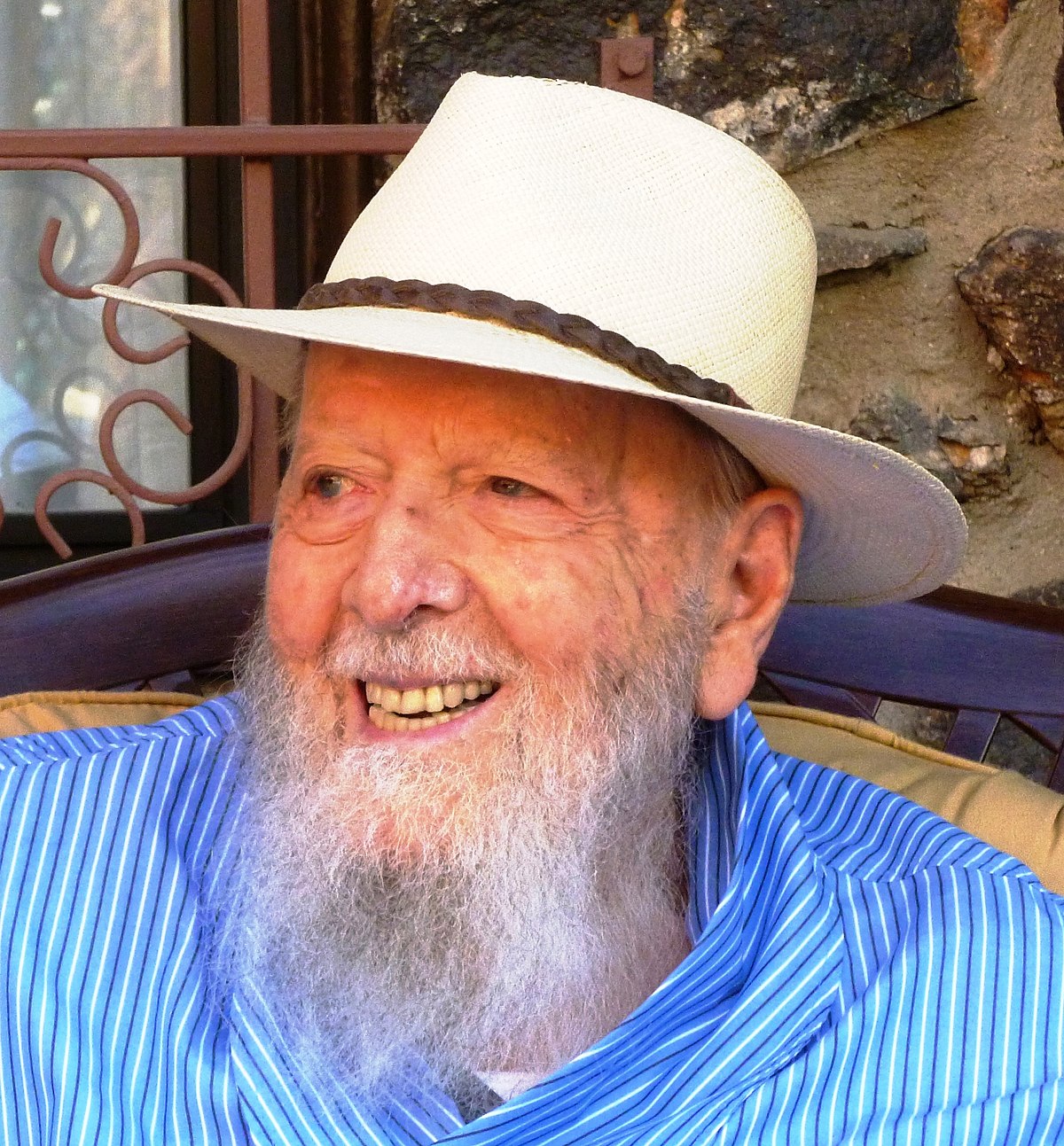
Individuals make history.
It may seem like a simple point, but it often escapes us in the modern world. When you read The New York Times, it doesn’t seem that any individual can influence anything.
The Bible, of course, teaches the opposite. In its recording of the great sweep of history over the millennia, it doesn’t deal with abstract, impersonal forces that push individuals into the corner of the story. It depicts the lives of individuals almost exclusively. All the great events recorded in the Bible – the great wars, the introduction of feudalism and imperialism, the rise and fall of empires – are only the backdrop. They are not the main story. The main story is the people, the individuals. The main story is of the small pawns. The actors in the drama are more than the drama itself.
Here’s an example. We all know the story of Joseph and his brothers. Sibling rivalry – the psychologists would have a field day. His brothers sell him into slavery in Egypt, but later they come and bow down to him. That’s the story the Bible tells us.
I’ll tell you how The New York Times would report it. “Feudalism Enters the World.” “Egypt Becomes an Empire.” “Great Famine Strikes the Fertile Crescent.” “New Prime Minister of Egypt.” Then they’d have a little biography of Joseph. The new prime minister comes from an unknown family. He was a slave who rose to power, a brilliant interpreter of dreams. Then, “Monotheism: The New Ideology,” “Leader of Egypt Does Not Follow the Egyptian Gods.” And then the brothers come: “New Immigrants Granted the Land of Goshen.” And finally, “Great Foreign Leader Dies and is Brought to Canaan for Burial.” That’s how The Times would write it up.
But the Bible doesn’t tell the story that way. It tells you the story of one person, Joseph, who has a dream. God made a commitment to his great-grandfather that He would send his descendants down into a foreign land where they would be enslaved, and out of that land, they would come forth and become a special people. So this young boy has a dream and raises the ire of his brothers. Then they do something that in retrospect was wrong: they sell him into slavery in Egypt. That’s the story. It starts with one person.
So the Bible doesn’t tell us the stories of empires. It doesn’t tell us stories of economic changes, of feudalism, of differences in government. All of that is ancillary. That’s not history. History is the person. What the person does makes the difference. If the brothers wouldn’t have sold Joseph, he could not have made Egypt so powerful. If Jacob had not sent him to find his brothers, the whole thing wouldn’t have happened. So all of history depends on what? On one person and the little things that happen to him.
That’s the Jewish view of history. What I do makes a difference. If I give charity today, it will make a difference.
So the next thing you do can decide the fate of humanity. That gives a sense of importance to life, doesn’t it? Well, that is exactly what the Bible comes to tell us. In the grand sweep of history, people count.










